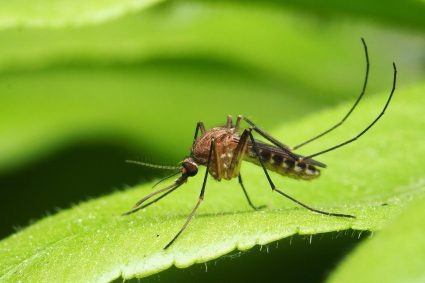
Crows, known for their intelligence and adaptability, are fascinating creatures to study. However, their presence can sometimes be a nuisance, especially in areas where they gather in large numbers. If you’ve been wondering, “What sound do crows hate?”, you’re in the right place. This comprehensive guide will delve into the sounds that crows dislike and how understanding this can help in bird management and pest control.
Crows generally dislike loud, unexpected, and disruptive sounds. Specific noises that can repel crows include distress calls of crows or other birds, predator calls such as those made by owls, hawks, or eagles, loud and sudden noises like screams, bangs, and claps, and aggressive, loud music genres like heavy metal, rock, or electronic dance music. However, crows may habituate to these sounds over time, reducing their effectiveness.
Crows and Sounds: An Overview
Crows are highly vocal birds that use a variety of sounds for communication. Their language includes caws, clicks, rattles, and a myriad of other sounds. These vocalizations serve different purposes, such as maintaining social bonds, warning of potential threats, and coordinating group activities. However, there are certain sounds that crows find disturbing or threatening.
Specific Sounds That Repel Crows
Crows generally dislike loud, unexpected, and disruptive sounds. Some specific noises that can repel crows include:
- Distress calls of crows or other birds.
- Predator calls, such as those made by owls, hawks, or eagles.
- Loud and sudden noises, including screams, bangs, and claps.
- Aggressive and loud music, like heavy metal, rock, or electronic dance music.
Research shows that crows can actively memorize auditory perceptual categories for cognitive control. This means they can detect and react to different sounds in their environment, including those made by other crows.
The Impact of Sounds on Crow Behavior
Sounds can significantly impact crow behavior. For example, crows can respond to distress calls produced by commercially available broadcast units. Some anecdotal evidence also suggests that crows may notice when humans vocalize at them and attempt to vocalize back.
Are There Any Drawbacks?
While using sounds to deter crows can be effective, it’s important to be aware of potential drawbacks. One concern is that the use of distress calls or predator sounds may cause stress and anxiety in the crows. Additionally, loud noises used to deter crows may also affect other bird species and animals in the area, causing them stress or driving them away from their natural habitats.
Another potential issue is habituation – crows getting used to the sounds and starting to ignore them. To maintain the effectiveness of these sounds, it may be necessary to vary the types of sounds used or to change the sounds periodically to prevent habituation.
Alternative Methods of Dealing with Crows
While sounds can be a useful tool for deterring crows, they are not the only solution. Other methods include:
- Removing food sources
- Using visual deterrents
- Installing physical deterrents
- Applying taste aversions
- Modifying the environment
Each of these methods has its pros and cons, and their effectiveness may vary depending on the specific situation. It is recommended to use a combination of techniques to increase the chances of successfully deterring crows.
Conclusion
Understanding the sounds that crows dislike can be a useful tool in bird management and pest control. However, it’s important to consider the potential negative impacts and ethical considerations associated with using these sounds. Using a combination of methods, including sound deterrents, visual deterrents, and habitat modification, can provide a more effective and humane solution to crow-related issues.
Frequently Asked Questions
What are some examples of visual deterrents for crows?
Visual deterrents can include scarecrows, reflective objects, such as old CDs or aluminum foil, and predator decoys, like owl or hawk statues.
What do you mean by “applying taste aversions” as a method to deter crows?
Applying taste aversions involves using substances that are non-toxic but unpleasant to crows when ingested. These can be applied to potential food sources, making them less appealing to the crows.
How can I modify the environment to deter crows?
Modifying the environment can involve making it less attractive to crows. This might mean removing potential nesting sites, eliminating food sources, or even changing the landscaping to include plants that crows find unappealing.
Are there any legal considerations when using sound deterrents for crows?
Yes, depending on your location, there may be local ordinances or regulations regarding noise pollution that could affect the use of sound deterrents. It’s always best to check with local authorities or a legal expert before implementing these methods.
Do crows communicate only through sounds?
While crows are known for their complex vocalizations, they also communicate through body language and behaviors. For example, a crow might ruffle its feathers or adopt a specific posture to signal aggression or submission to other crows.









